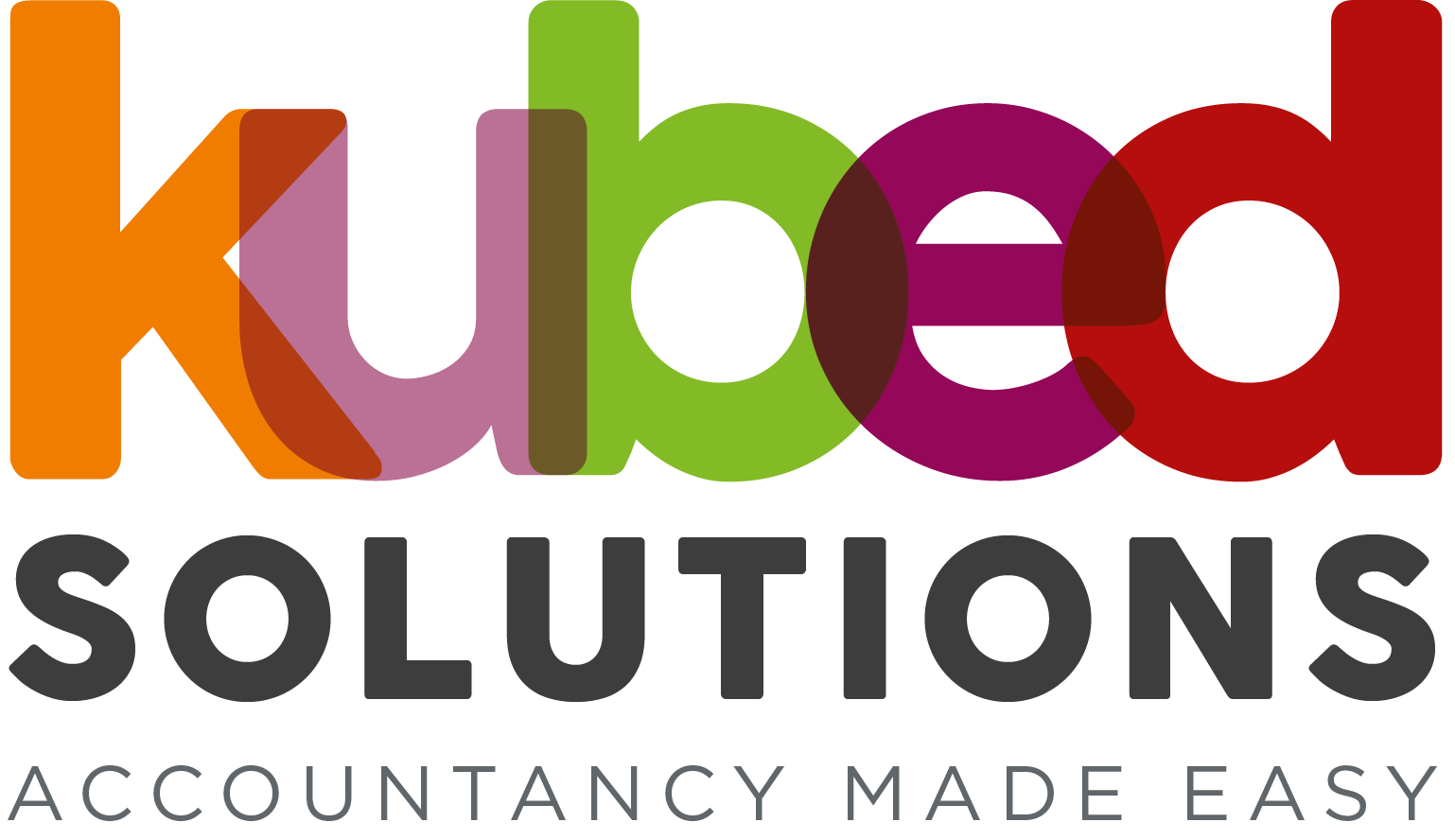Blogs
What is better, salary or dividends?

- The business’s profits.
- Whether you want to keep the benefits received from the Government (e.g. maternity benefits or state pension).
- The amount you want to reduce your personal tax bill by.
- The amount you want to reduce the company's tax bill by.
- You’ll be adding to the amount of qualifying years for a state pension.
- You’ll be able to make higher personal pension contributions.
- You’ll be able to keep maternity or paternity benefits.
- It will probably be easier to apply for insurance and mortgages.
- You’ll be able to reduce the amount your company pays for corporation tax - salary is an allowable business expense.
- If your business makes no profit, you can still take a salary.
- Taking a salary means that both you and the company may have to pay National Insurance contributions (NICs).
- A salary also attracts higher rates of income tax than a dividend does for the director.

So, what are dividends?
It's usually more tax-efficient for a director's income to come from dividends, and it's a popular option.
A dividend is a share of the company’s profits (which is what's leftover after having settled all expenses, including taxes). However, if there's no profit, there are no dividends that can be paid.
Dividends are paid to directors and shareholders based on the percentage of shares they hold, but there's no requirement to pay all or any profits as dividends, as a company can retain its profits over various years, distributed as the board decides.
What are the advantages of taking dividends?
You can reduce your income tax bill significantly by taking most of your earnings as dividends, and there are some other benefits:
- Dividends draw lower income tax rates than salary.
- You don't have to pay NICs on dividends (neither for employers nor employees).
What is the dividend allowance:
In addition to your personal allowance, you also have a tax-free dividend allowance. In this 2022/23 tax year, the allowance stands at £2,000. This figure is over and above your Personal Tax- Free Allowance of £12,570 in the 2021/22 tax year.
Dividends attract a much lower rate of income tax than salary does. There is also a slightly greater tax-free allowance when you are paid in dividends.

Are there any cons to taking dividends?
Taking your income mostly from dividends may seem a great idea, but there are some limitations and catches that you need to know - here's some of them:
- Income can become unpredictable if relying on dividends too much, as dividends can only be paid from company profits - no profit, no pay.
- Dividends are paid after the deduction of corporation tax, whereas a salary is an expense that's tax-deductible.
- If by mistake, you took out dividends that weren't covered by company profits, you will have instead taken out a director's loan, which has to be repaid.
- They also don't count as relevant UK earnings for tax relief on pension contributions.
If you intend to depend on dividends for either some or the majority of your income, ensure you have a stringent process in place when it comes to accounting - report profits and account for dividends in plenty of time.
Your accountant could also be able to help you when it comes to working out which payment method is most tax-efficient for both your company and you.
Need any help understanding the best way forward for your company?
Feel free to give us a call on
07762657277, we offer a free 30-minute consultation! Or you can always email us at contact@kubedsolutions.com

